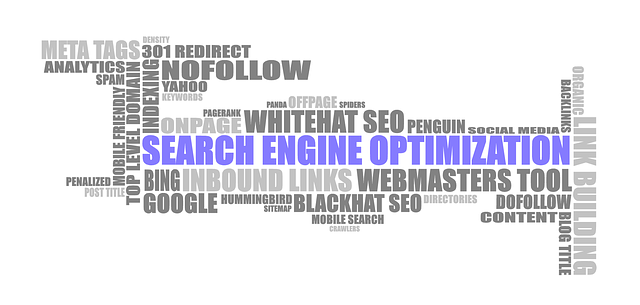Search Intelligence (SI) is a data-driven approach using internet information to gain insights and inform business decisions. By understanding user search behavior, patterns, and intent, companies can optimize content strategies, refine marketing campaigns, and improve digital performance. SI involves analyzing trends, popular queries, and user interactions to uncover audience knowledge. Implementing best practices like NLP, entity recognition, data privacy, and high-quality content creation is crucial for staying competitive and enhancing user satisfaction in the dynamic digital landscape.
In today’s data-driven world, understanding user search patterns is a game-changer for businesses. Search Intelligence refers to the practice of analyzing search data to gain insights into consumer behavior, preferences, and trends. By unlocking the power of data, companies can optimize their digital strategies, enhance online presence, and deliver personalized experiences. This article explores the concept of search intelligence, its significance in modern business, and practical steps for implementation.
- Understanding Search Intelligence: Unlocking the Power of Data
- The Role of Search Intelligence in Modern Business Strategies
- Implementing Search Intelligence: Tools and Best Practices
Understanding Search Intelligence: Unlocking the Power of Data

Search intelligence, often referred to as SI, is a data-driven approach that leverages the vast amounts of information available on the internet to gain insights and make informed decisions. It involves understanding user search behavior, patterns, and intent to optimize content strategy and improve online visibility. By analyzing search trends, popular queries, and user interactions, businesses can unlock valuable knowledge about their target audience.
This powerful tool allows companies to identify opportunities for growth, refine marketing campaigns, and enhance overall digital performance. With search intelligence, organizations can stay ahead of the curve by anticipating customer needs, identifying market gaps, and creating content that resonates with their demographic. By embracing SI, businesses can transform raw data into actionable insights, ultimately boosting their online presence and connecting with their audience on a deeper level.
The Role of Search Intelligence in Modern Business Strategies

In today’s digital landscape, what is search intelligence? It’s more than just optimizing your online presence for search engines; it’s a strategic approach that leverages data and insights from search behavior to drive business growth. Search intelligence involves understanding user queries, their intent, and the patterns behind them, which can be used to inform marketing, product development, and customer service strategies.
By tapping into this wealth of information, businesses can create more effective content, refine targeting efforts, and ultimately enhance their ability to reach and engage their target audience. This strategic use of search data enables companies to stay ahead of the competition, adapt to changing market trends, and ensure their online offerings remain relevant and compelling in a dynamic digital environment.
Implementing Search Intelligence: Tools and Best Practices

Implementing search intelligence involves leveraging advanced tools and best practices to transform raw data from searches into actionable insights. It’s about understanding user intent, identifying trends, and optimizing content strategies based on real-world search behavior. By integrating semantic search technologies, machine learning models, and comprehensive analytics, organizations can gain a competitive edge. Tools like natural language processing (NLP), entity recognition, and contextual analysis play a crucial role in deciphering complex queries and personalizing search experiences.
Best practices for implementing search intelligence include ensuring data privacy and security, continually refining algorithms based on performance metrics, and fostering collaboration between marketing, content teams, and IT departments. Regularly updating search indexes, optimizing website speed and mobile usability, and creating high-quality, keyword-rich content are essential. Additionally, utilizing search analytics platforms to track click-through rates (CTR), average session duration, and user engagement patterns allows for continuous improvement in search performance and user satisfaction.
Search intelligence is no longer a niche concept but an indispensable tool for modern businesses. By understanding and leveraging what is search intelligence, companies can gain profound insights into consumer behavior, enhance online visibility, and optimize their digital strategies. As the digital landscape evolves, implementing search intelligence tools and best practices becomes crucial to stay competitive, adapt to market trends, and provide a seamless user experience.
